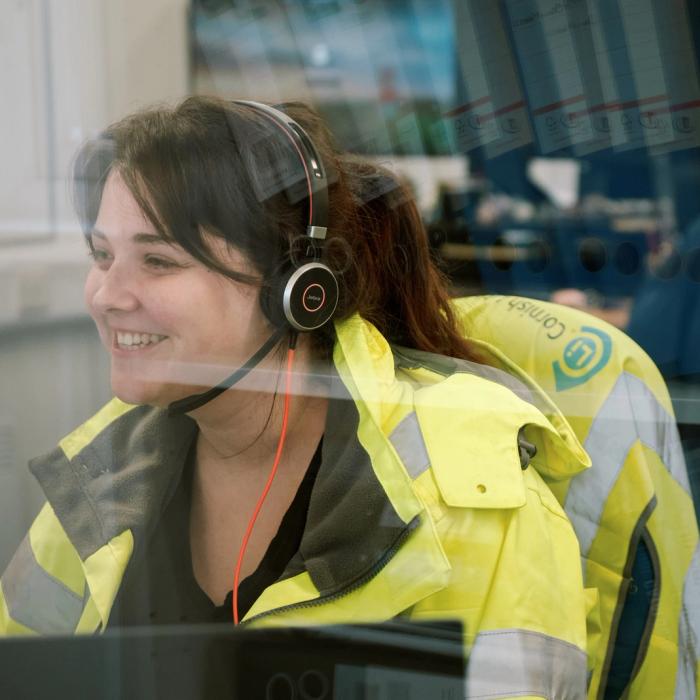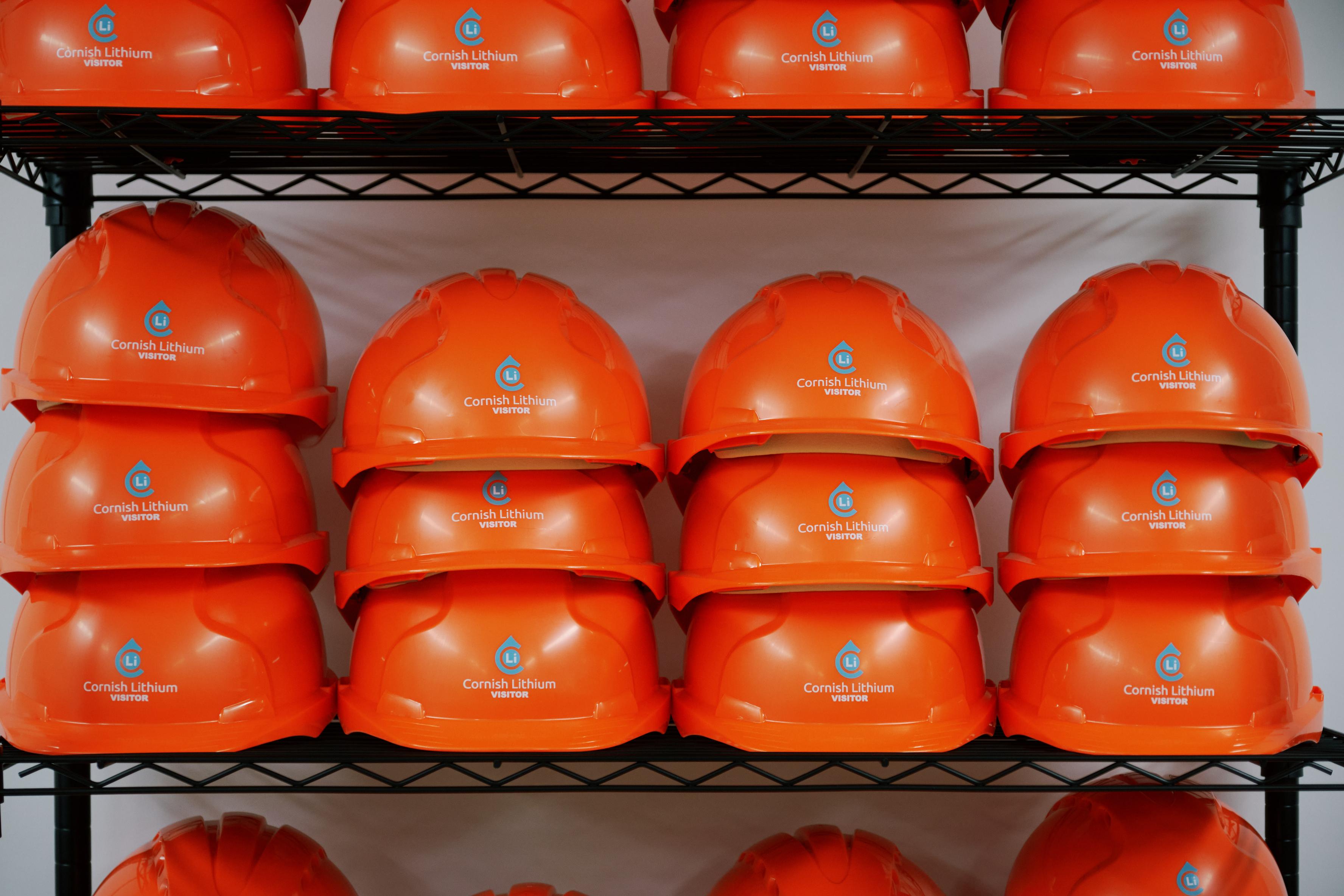
Cornish Lithium
+44 (0)1326 640640
info@cornishlithium.com
Tremough Innovation Centre,
Penryn, Cornwall, TR10 9TA.
For National Press Enquiries:
Wild Card
+44 (0)1872 243 560
cornishlithium@wildcard.co.uk
www.wildcard.co.uk
7 Edward Street, Truro,
Cornwall, TR1 3AJ
For South West Regional Press Enquiries:
Jilly Easterby at Curlew PR
+44 (0)7743 164434
curlew@hotmail.co.uk
www.curlewpr.co.uk

Contact us
If you'd like to get in touch, please use this form or feel free to contact us by phone, post or email.
Frequently asked questions
In Cornwall, lithium is found in two main forms: within mica minerals in granite rock and dissolved in geothermal fluids (brines) that flow deep underground. Cornish Lithium’s exploration focuses on both lithium in hard rock and geothermal brines.
At our Trelavour Hard Rock Project, Cornwall Lithium is repurposing a former china clay pit and seeking to redevelop former pits for waste storage. In relation to our geothermal projects, Cornish Lithium first recognised the presence of lithium in saline waters in Cornwall from historic records made at the time when the county had a significant mining industry. The miners frequently encountered geological faults (large naturally-occurring cracks in the earth) from which flowed significant quantities of hot saline water. Such occurrences in old mines demonstrate a much larger geological phenomenon which Cornish Lithium believes could be widespread across the county; as a result the company is not focussing on the old mines themselves but on the geological structures which contain the circulating lithium-enriched fluids. Cornish Lithium plans to drill extraction boreholes into these fracture zones and does not therefore need to reopen old mines, or to extract water from the mines themselves. We plan to drill boreholes to extract fluids from 2km depth and so will bypass old mine workings.
Lithium is our primary focus. However, as we build our knowledge of the geology, structures and mineralisation in Cornwall we are discovering areas which offer very good potential for other metals such as copper, cobalt, tin and other metals which are vital to the development of modern technologies including batteries.
Some of our mineral rights agreements give us the ability to explore for other minerals in addition to lithium and hence we are actively prioritising areas that could be of interest. Our use of advanced digital mapping and modelling techniques gives Cornish Lithium the ability to“see”mineralisation that could be exploited using modern mining methods.
Lithium in its metallic form is highly reactive, so it is never found in nature in this state. Instead, the mining industry primarily produces lithium carbonate, a stable, white powder that is safe for handling and widely used in various applications.
The environmental impacts depend on the extraction methods used. The process used in our geothermal lithium extraction plants can be likened to a water purification system. Mineral-rich water is pumped from approximately 2,000 metres below the surface via a borehole and passed through columns where the lithium is extracted from the water. With the lithium removed, the water is returned to the ground via a second borehole. The plant will have a footprint the size of a supermarket or medium-sized industrial unit. Direct extraction of lithium from geothermal fluids using cutting-edge technology is the most environmentally responsible method available.
Our Hard Rock Project near St Dennis is repurposing a former china clay pit to produce lithium. We plan to extract lithium from hard rock in the pit and use a new process technology. This extraction method should have a significantly lower carbon footprint compared to other hard rock lithium extraction processes used elsewhere in the world.
Cornish Lithium strive to ensure that the impacts of all our projects are kept to a minimum.
Cornish Lithium’s Trelavour Hard Rock Project alone is expected to produce 10,000 tonnes of lithium hydroxide annually, which will considerably strengthen the UK’s critical minerals supply chain and reduce the UK’s reliance on importing carbon-intensive materials from abroad.
The project will create around 300 highly-skilled jobs and generate up to £800 million for the Cornish economy over its 20-year life.
Reviving a 4,000-year-old mining industry in Cornwall presents a tremendous opportunity to boost the local economy, and Cornish Lithium is committed to playing a key role in this transformation in an environmentally responsible manner.

